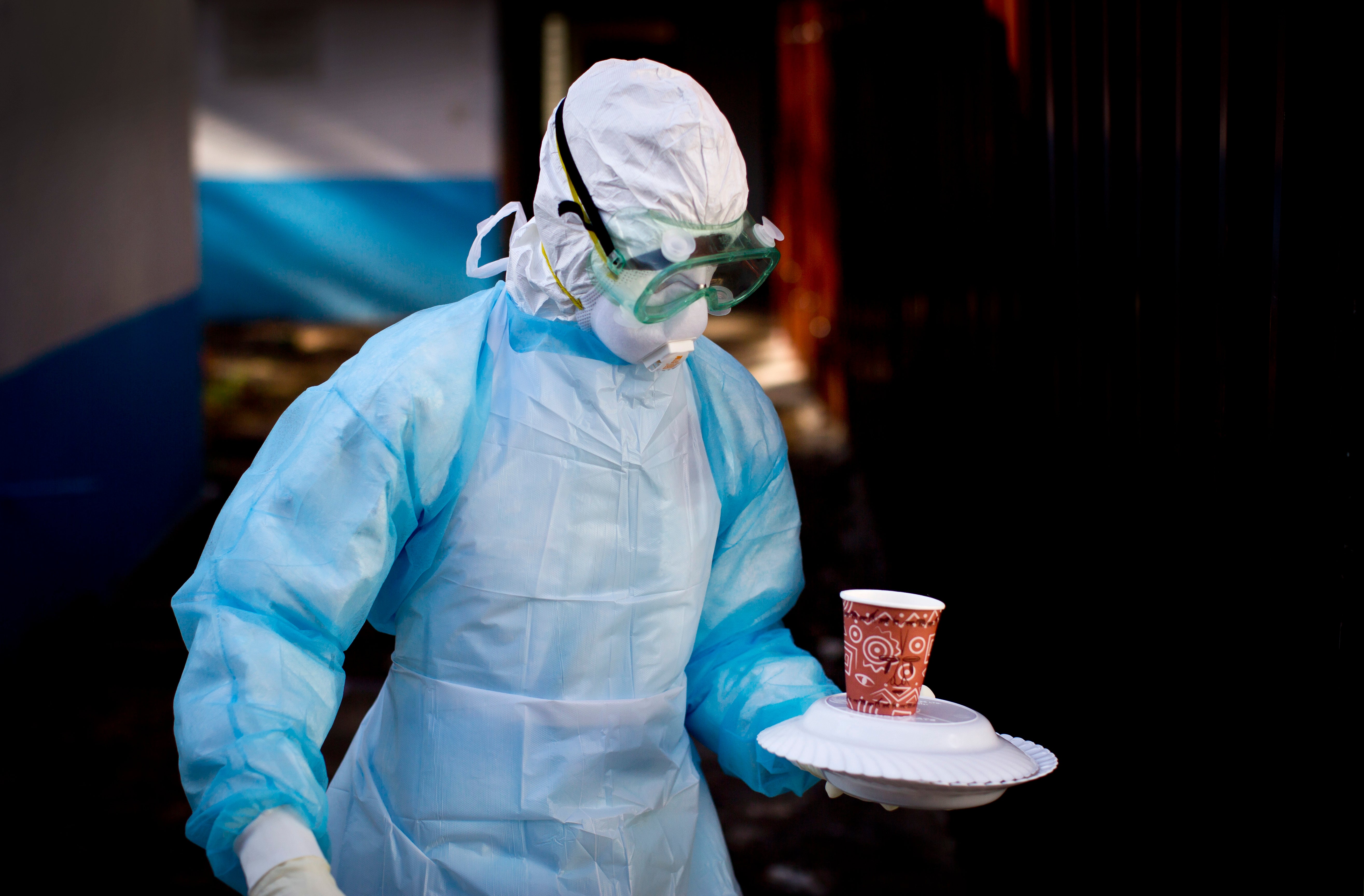Rwanda and WHO declare end of Marburg outbreak after no new cases reported
The World Health Organization and the Rwandan government have declared the outbreak in Rwanda of the Ebola-like Marburg fever over after no new cases were registered in recent weeks

The World Health Organization and the Rwandan government on Friday declared the outbreak in Rwanda of the Ebola-like Marburg fever over after no new cases were registered in recent weeks.
The country first declared the outbreak on Sept. 27 and reported a total of 15 deaths and 66 cases, with the majority of those affected healthcare workers who handled the first patients.
Without treatment, Marburg can be fatal in up to 88% of people who fall ill with the disease. Symptoms include fever, muscle pains, diarrhea, vomiting and, in some cases, death through extreme blood loss.
There is no authorized vaccine or treatment for Marburg, though Rwanda received hundreds of doses of a vaccine under trial in October.
An outbreak is considered over after 42 days — two 21-day incubation cycles of the virus — elapsed without registering new cases and all existing cases test negative.
Rwanda discharged the last Marburg patient on Nov. 8 and had reported no new confirmed cases since Oct. 30.
However, WHO officials and Rwanda's Health Minister Dr. Sabin Nzanzimana on Friday said risks remain and that people should stay vigilant.
“We believe it’s not completely over because we still face risks, especially from bats. We are continuing to build new strategies, form new health teams, and deploy advanced technologies to track their movements, understand their behavior, and monitor who is interacting with them,” the minister announced during a press conference in the capital, Kigali.
Like Ebola, the Marburg virus is believed to originate in fruit bats and spreads between people through close contact with the bodily fluids of infected individuals or with surfaces, such as contaminated bed sheets.
“I thank the government of Rwanda, its leadership and Rwandans in general for the strong response to achieve this success but the battle continues,” said the WHO representative in Rwanda, Dr. Brain Chirombo.
Marburg outbreaks and individual cases have in the past been recorded in Tanzania, Equatorial Guinea, Angola, Congo, Kenya, South Africa, Uganda and Ghana.
The virus was first identified in 1967 after it caused simultaneous outbreaks of disease in laboratories in the German city of Marburg and in Belgrade in the former Yugoslavia. Seven people died after being exposed to the virus while conducting research on monkeys.